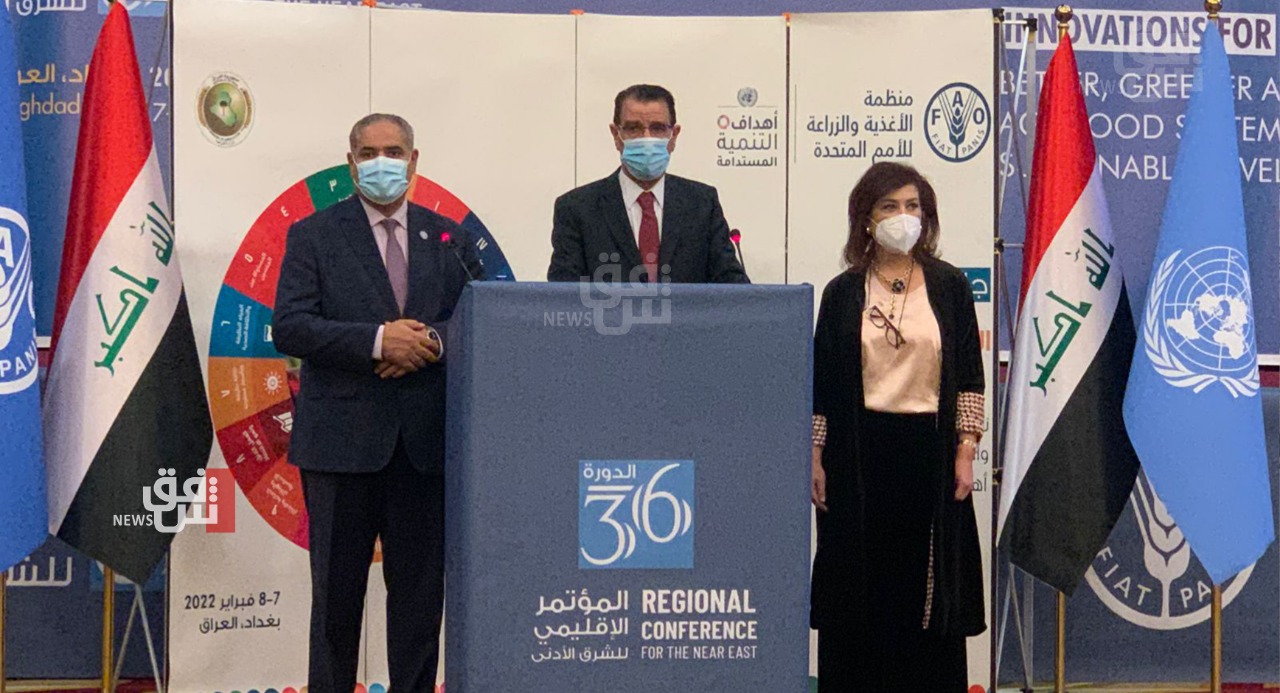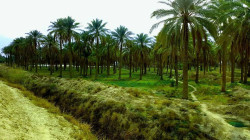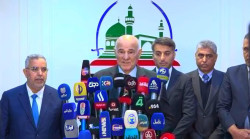FAO's NERC, an opportunity to discuss Al-Ahwar issue, UN Official Says

Shafaq News/ The Food and Agriculture Organization of the United Nations (FAO) considered holding Regional Conference for the Near East (NERC36) in Baghdad as an opportunity to revive the Al-Ahwar issue and discuss water scarcity in the region.
The Organization's Assistant Director-General, Abdul Hakim Al-Waer, told Shafaq News Agency, "The conference is an opportunity to discuss Al-Ahwar problem and water scarcity to reach solutions," noting that "Iraq is not the only one that suffers from water scarcity, but rather it is a crisis in the Middle East and North Africa."
Al-Waer added, "The Baghdad conference was an opportunity to cooperate with all the delegations participating in the conference, whether Turkish or Iranian, to discuss water scarcity and food security in the region."
The Assistant Director-General of the Organization pointed out that "the FAO's office in Iraq has been working on the relief operation of livestock threatened by drought in some Iraqi regions."
The 36th FAO Regional Conference for the Near East (NERC36) focused on improving nutrition, building resilient rural communities, optimizing water management, addressing the impacts of the climate crisis, fostering green recovery initiatives, and gender-sensitive development strategies.
Agrifood sectors are among those struggling to recover from the shocks created by the COVID-19 pandemic over the past two years and highlight the importance of sustainable and resilient societies; FAO Director-General QU Dongyu said in opening remarks conveyed virtually to the meeting hosted by the Government of Iraq.
"In the Near East and North Africa region, the pre-pandemic food security situation was already critical" with rising hunger and increasing inequalities jeopardizing the welfare of rural populations, women, and youth, and worsening water scarcity, he said.
The Director-General outlined four priority areas for innovation and best practices to support the region's recovery: Reducing the urban and rural socio-economic divide by creating better rural employment opportunities; ensuring food security and healthy diets for all; restoring environmental balances, and building resilience against multiple shocks.
"Action at country level is the core of the 2030 Agenda," Qu said, emphasizing the importance of partnerships and cooperation in achieving the 2030 Agenda.
The inaugural session was also addressed by Muhammad Karim Al-Khafaji, Iraq's Minister for Agriculture, the Chairperson of NERC36, and Hans Hoogeveen, Independent Chairperson of the FAO Council. The Director-General of FAO expressed his gratitude to the government and people of Iraq for hosting NERC36 during challenging times and for delegations who joined the meeting in Baghdad.
"With the world experiencing the worst food crisis in 100 years, the FAO Regional Conference for the Near East will provide an opportunity to share expertise and review the capabilities of the countries of the region to help achieve food security," the Iraqi Agriculture Minister, Mohammad Karim Al-Khafaji, highlighted during his opening speech.
The regional conference's agenda included several high-level segments with ministerial roundtables on core themes to be held today.
The conference also included a side event on water, energy, and food in the context of the upcoming COP27, followed by the adoption of a ministerial declaration and the report on NERC36.





